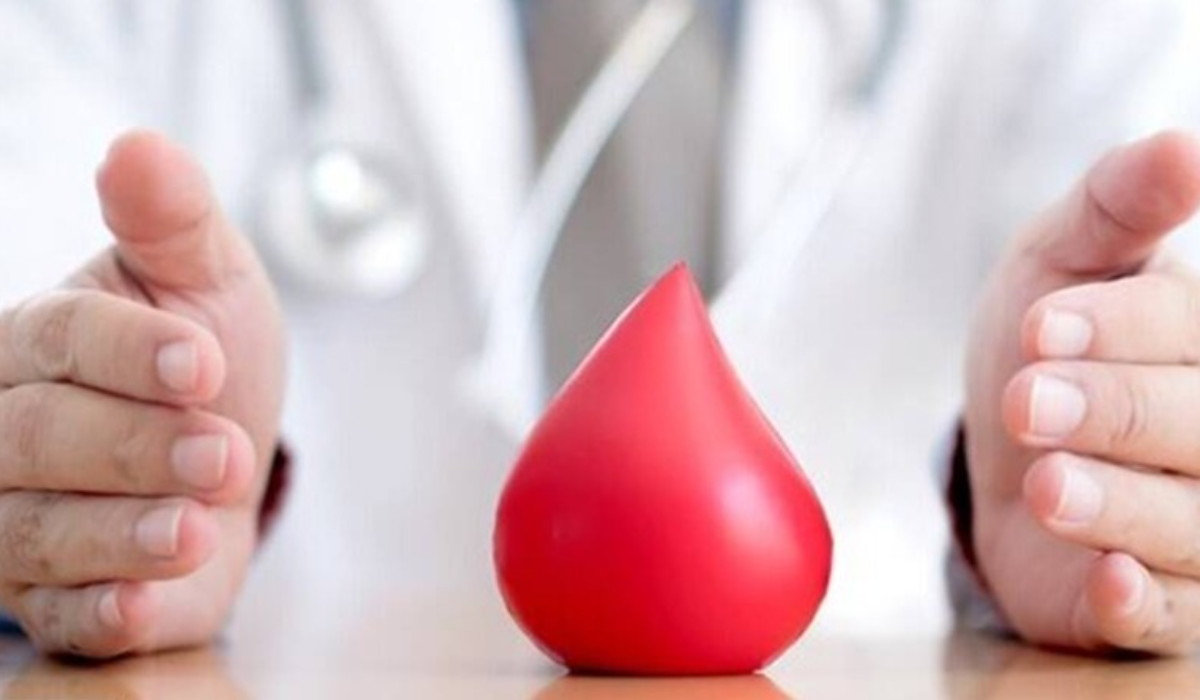In an effort to address the issue of exorbitant charges for blood in hospitals and private blood banks, the central government has opted to eliminate all fees, excluding processing charges. The choice was made in light of the perspective that “blood is not meant for sale”, leading to the issuance of an advisory to all blood centres throughout India.
The Central Drugs Standard Control Organisation (CDSCO) has asked all states and Union Territories to adhere to the updated decision and follow the revised guidelines of the National Blood Transfusion Council (NBTC).
On average, private hospitals and blood banks charge Rs 2,000 to Rs 6,000 per unit in case of no blood donation. In case of blood shortage or rare blood groups, the charges exceed Rs 10,000. Moreover, processing fees is always charged irrespective of blood donation.
However, under the new guidelines, only processing fees can be charged which ranges between Rs 250 to Rs 1,550 for blood or blood components. For instance, while dispensing whole-blood or packed red blood cells, fees of Rs 1,550 can be levied, whereas for plasma and platelet, the charge would be Rs 400 per pack.
The government rules also fix other charges for running additional tests on blood including cross-matching and antibody testing.
Also Read: India to Launch Satellite on SpaceX’s Rocket in Historic First
Government’s Blood Charges Waiver: A Boon for Patients with Blood Disorders
According to medical experts, the move is patient-friendly, especially for those who undergo regular blood transfusions due to blood disorders such as thalassemia, sickle cell anaemia or patients undergoing surgery. In such cases, blood donation by relatives or friends is not always possible.
“The decision will help in curbing the practice of overpricing undertaken by some corporate hospitals,” said Dr JS Arora, general secretary of the National Thalassemia Welfare Society. “Thalassemia is a genetic blood disorder where patients survive on regular blood transfusions and patients with thalassemia major undergo blood transfusion twice a month. Paying charges for seeking blood is part of the huge financial burden that this disease comes up with.”
Dr Arora appreciated the government’s decision and said that the charges allowed to be charged are more than sufficient for any healthcare premises to recover the expenses incurred.
Government Directs Adherence to Revised Guidelines
According to the letter, seen by News18, issued to states and UTs, the decision was taken during the 62nd meeting of the Drugs Consultative Committee – a panel of experts – who “opined that blood is not for sale”. “It is only for supply and only processing cost may be charged by the blood centre,” said the letter.
“It was opined to issue an advisory to all blood centres regarding NBC revised guideline for recovery of processing charges for blood and blood components.”
The CDSCO instructed drug regulators across India, saying: “You are requested to direct all the blood centres under your jurisdiction to adhere with the Revised Guidelines-2022 for Recovery of Processing Charges for Blood and Blood Components issued by NBTC…”
Also Read: E-commerce firms breathe a sigh of relief as truck drivers call off strike

